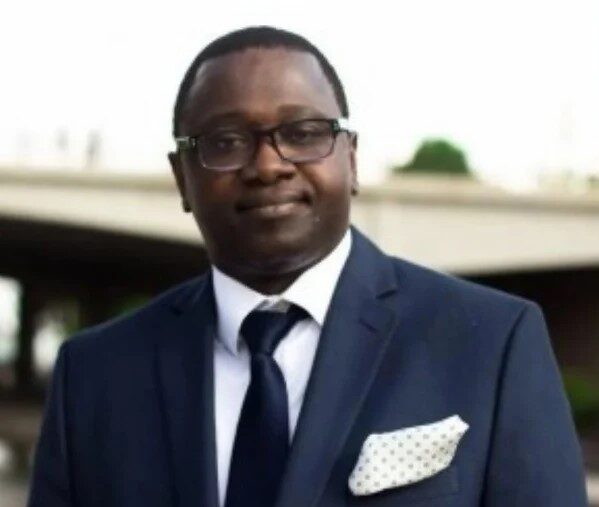By Sulaiman Aruna Sesay
In recent years, the government of Sierra Leone has claimed to be making strides in the improvement of the country’s economy. Many Sierra Leoneans remain skeptical of these claims, as they have yet to see any real improvements in their own lives.
One of the main reasons for this skepticism is the lack of transparency and accountability in the government’s economic policies. While officials may claim to be implementing reforms and investing in infrastructure, there is little information available to the public about how these plans are being executed or what progress is being made. This lack of transparency has given rise to widespread suspicion among the population, who fear that the government may be funnelling funds into corruption rather than genuine efforts to improve the economy.
Another issue that has contributed to the skepticism among Sierra Leoneans is the disconnect between the government’s claims and the reality on the ground. Despite assurances that the economy is growing, many people still struggle to make ends meet and find stable employment. High levels of poverty, limited access to education and healthcare, and inadequate infrastructure all pose significant challenges to the country’s overall economic development.
While it is important to acknowledge the government’s efforts to improve the economy, it is equally important to examine the underlying problems that are hindering progress. Addressing corruption and improving transparency, investing in education and healthcare, and prioritizing infrastructure development are all essential steps that must be taken if Sierra Leone is to achieve sustained economic growth and deliver tangible benefits to its people.
Sierra Leoneans must demand greater accountability from their leaders and demand that economic policies prioritize the needs and concerns of the population. It is only through sustained and inclusive economic growth that the country can achieve its full potential and provide a better life for all its citizens.












